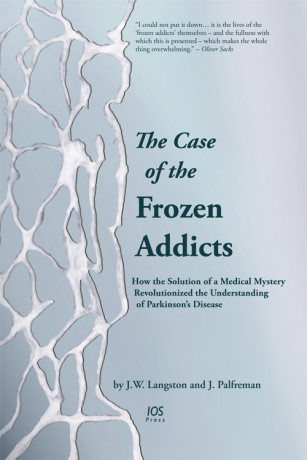

At least 12 people were killed after the attacks,[60][1][61] and more than 2,750 were wounded.[5][6] Civilians were also killed,[10][13][14] including four healthcare workers[62] and two children.[63] It is not clear if only Hezbollah members were carrying the pagers.[19] Lebanese Health Minister Firass Abiad said the vast majority of those being treated in emergency rooms were in civilian clothing and their Hezbollah affiliation was unclear.[64] He added the casualties included elderly people as well as young children. According to the Lebanese Health Ministry, healthcare workers were also injured and it advised all healthcare workers to discard their pagers.[64][65]





















I would agree with this if they somehow only harmed Hezbollah severely. That was not the case.